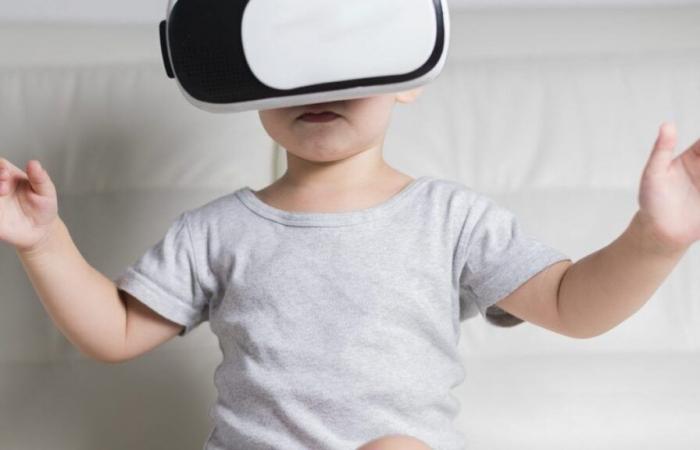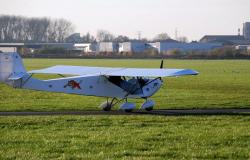Generation Beta, whose first children will be born in 2025, will mark the beginning of an era shaped by artificial intelligence and virtual realities. Born into a changing world, it will face major social challenges inherited from previous generations, integrating values such as eco-consciousness and collaboration.
The children born in 2025 will be the first of a new generation, Generation Beta. Artificial intelligence, virtual reality, but also crucial social challenges, in what world will this new generation of Millennials and Generation Z live?
The Gen Alpha also comes to an end: after the Z and theAlphal’year 2025 will mark the beginning of a new generation : Generation Beta, known as Gen Beta. Children born that year will in fact be the first to be part of it, followed by all those born by 2039. The announcement comes from Australia’s leading social research agency McCrindlewho also popularized the expression Gen Alpha in 2009 by its founder Mark McCrindle, to designate those born between 2010 and 2024.
This new generation, which follows Gen Alpha in its name, will be the second to live – according to the Australian agency – in a completely different world of previous generations, where artificial intelligence will influence every aspect of human life. This fort discriminate between before and afterboth chronological and social and cultural, justifies the adoption ofa new alphabet to name the generations of this new era.
Welcome to Gen Beta: who they are and how they will live
This is the first generation to grow up in an era where innovations today seen as revolutionary – artificial intelligence, advanced language models like ChatGPT, and virtual reality – will be considered normal and will influence their lives and experience from childhood. We offer you an in-depth look at the risks to which Gen Beta children will be exposed.
According to McCrindle, Gen Beta will live in a world where the boundary between the physical and the virtual will now be “fluid,” so thin that it will become almost invisible. The majority of them will use and experiment with technologies currently reserved for a small group of people, such as transport autonomeadvanced health technologies and virtual reality experiences.
-What awaits them
In 2035, that is to say in ten years, it will represent 16% of the world’s population and will be the first generation to almost take for granted see the new centurybut will also be the one who will have to inherit the social challenges that previous generations, those of their parents, were taught to recognize as crucial to the future of human society, such as climate change and social justice.
Most of them will be born and raised by Millennials (1980-1994) and the oldest in the Gen Z (1995-2009), who have, compared to previous generations, integrated values such as adaptability andeco-consciousness. McCrindle predicts that by inheriting these values, Gen Beta should be more inspired than any other by a vision of society based on principles of community and collaboration.
Parents more aware of technological risks
Unlike Gen Alpha’s parents, who are mostly older Millennials, those who give birth to Gen Beta, born and raised a few years later, will also have greater knowledge and awareness of the risks associated with the use of social networks and technologies, especially for young children.
It is therefore likely that newborns are better protected than Gen Alpha children, born at a time when dark side of hypersharing and uncontrolled use of social media and technology was not yet fully evident. We are not only talking about the dangers linked to online violence, cyberbullying or social challenges, but also the risks of sharenting, that is to say the publication on social networks and on the web of photos of their children still babies.






